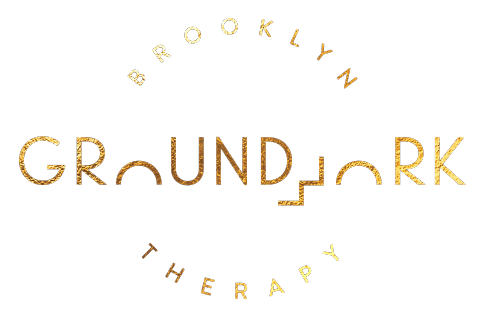LGBTQ+ Couples Therapy is Critical Healthcare
LGBTQ+ couples share many of the same challenges and hurdles as straight couples. However, while there are commonalities between straight and queer couples, there are distinct issues that the LGBTQ+ community are forced to address in a society that is still largely influenced by a heteronormative culture.
The oppression and marginalization of LGBTQ+ people are still an unfortunate reality. Even with the growing pride and acceptance of more diverse sexual orientation and gender identification, there is still a great deal of work to be done in order to create a more equitable world for LGBTQ+ people. The fact is that LGBTQ+ people face discrimination every day, and that discrimination has a profound effect on mental health. According to Americanprogress.org: https://www.americanprogress.org/issues/lgbtq-rights/reports/2020/10/06/491052/state-lgbtq-community-2020/
More than 1 in 3 LGBTQ Americans faced discrimination of some kind in the past year, including more than 3 in 5 transgender Americans.
Discrimination adversely affects the mental and economic well-being of many LGBTQ Americans, including 1 in 2 who report moderate or significant negative psychological impacts.
To avoid the experience of discrimination, more than half of LGBTQ Americans report hiding a personal relationship, and about one-fifth to one-third have altered other aspects of their personal or work lives.
Around 3 in 10 LGBTQ Americans faced difficulties last year accessing necessary medical care due to cost issues, including more than half of transgender Americans.
15 percent of LGBTQ Americans report postponing or avoiding medical treatment due to discrimination, including nearly 3 in 10 transgender individuals.
Transgender individuals faced unique obstacles to accessing health care, including 1 in 3 who had to teach their doctor about transgender individuals in order to receive appropriate care.
LGBTQ Americans have experienced significant mental health issues related to the COVID-19 pandemic.
Couples’ issues that are routinely discussed in therapy include challenges related to trust, communication styles, expectations of one’s partner, sex, finances, infidelity, and parenting, to name a few. So, what should you do when your relationship is subjected to all those issues and combined with additional unique challenges? You search for professionals who are not only accepting of all genders, sexualities and cultural backgrounds, but who also understand them both from clinical experience and possibly even personal experience.
There are distinctive challenges that uniquely affect LGBTQ+ couples. For example:
· Different stages of gender or sexual identity between partners
· Gender roles and assumptions within the relationship
· Discrimination
· Family planning
· Parental recognition
· Differing degrees of being “out” between partners
Our professionals are knowledgeable and understanding of the elevated challenges that LGBTQ+ couples face every day. Experiences of oppression, especially over a long period of time, add a layer of complexity that must be considered when seeking couples therapy. Acknowledging the circumstances that couples face as part of a marginalized group allows us to be uniquely qualified and ready to support them. We are proud to offer a safe space for queer couples to gain access to critical therapy, allowing them to work towards healthy, meaningful, and thriving relationships.
About Groundwork Therapy in Brooklyn, NY
The licensed clinical psychologists at Groundwork Therapy offer gender-affirmative and sexuality-affirmative therapy. We welcome individuals of all genders, sexualities, and cultural backgrounds. We are located at 1000 Dean St, Suite 226 in the Crown Heights neighborhood of Brooklyn, NY. For more information, fill out our contact form online.


